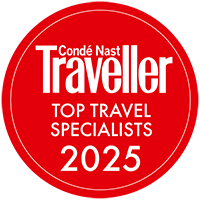Safari experts & storytellers. Since 1991
Trust us to find you the rarest animals, the most spectacular wildlife events, the remotest landscapes and deeply meaningful cultural encounters!
Planning an African safari is a bucket list item for many, but knowing where to start can feel overwhelming. From understanding costs and choosing the best time to go, to decoding safari terminology and knowing what to pack – there's a lot to consider. That's where we come in.
As safari experts and storytellers since 1991, Africa Geographic has unparalleled knowledge of the continent and what makes a safari truly extraordinary. Through our mix of tailor-made safaris, bespoke donations, and conservation journalism, we shine a spotlight on authentic Africa to foster celebration and understanding.
Bookmark this page – it has everything you need to know: from budgeting and trip length to packing essentials and understanding the unique language of safari travel.
Everything you need to know about safaris
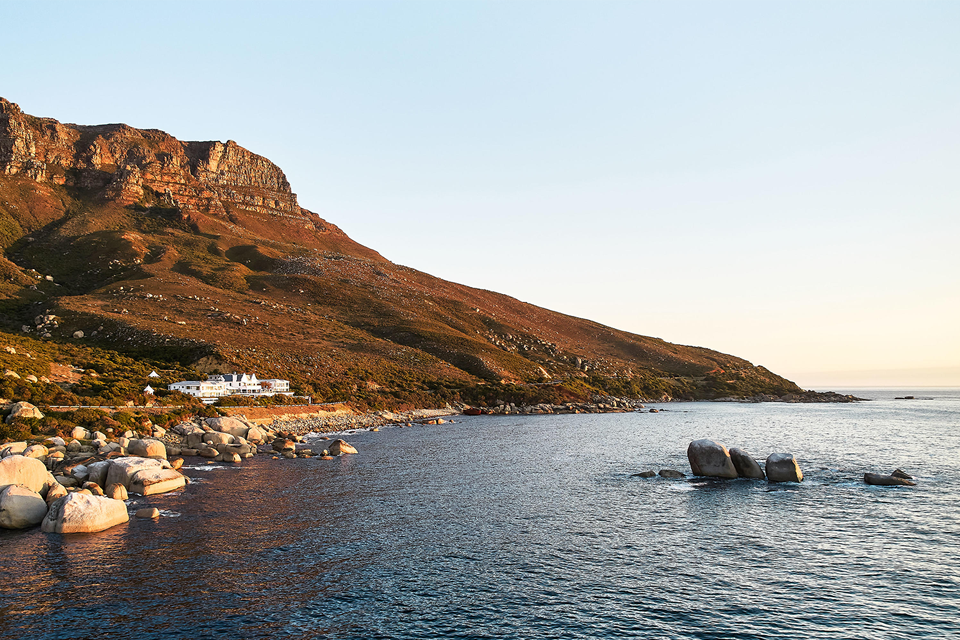
The first-timer's guide to African safari planning - Infographic
For first-timers, the question "Where should I go?" often feels overwhelming. Africa offers world-class safari experiences, from Kenya's Maasai Mara to South Africa's Kruger, each with distinct advantages. It all boils down to the experience you want to have, as Eastern and Southern Africa, broadly, offer very different safaris.

What should I pack for safari?
It’s one of our most frequently asked questions, and certainly one of the most asked safari FAQs: “What should I pack for a safari?” Fortunately, the answer to this question is a relatively simple one – though it is nuanced and the answer might surprise you.
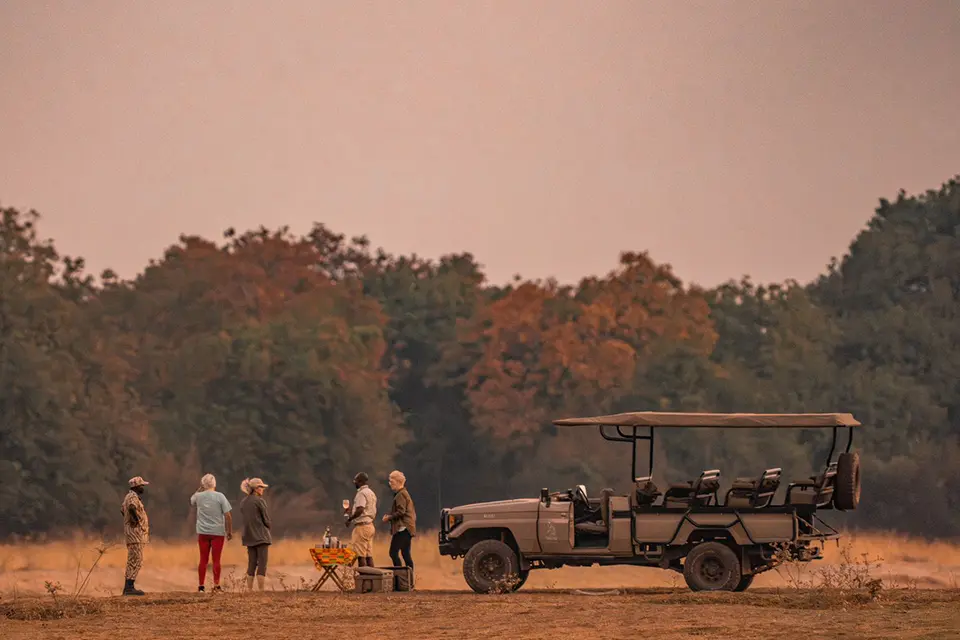
What kind of luxury safaris can I experience across Africa?
The best luxury safari holidays feature private conservancies with exclusive wildlife access, luxury mobile camps that follow animal migrations, tailor-made experiences with private guides and helicopter transfers, and specialised programmes like photographic safaris and conservation research participation.
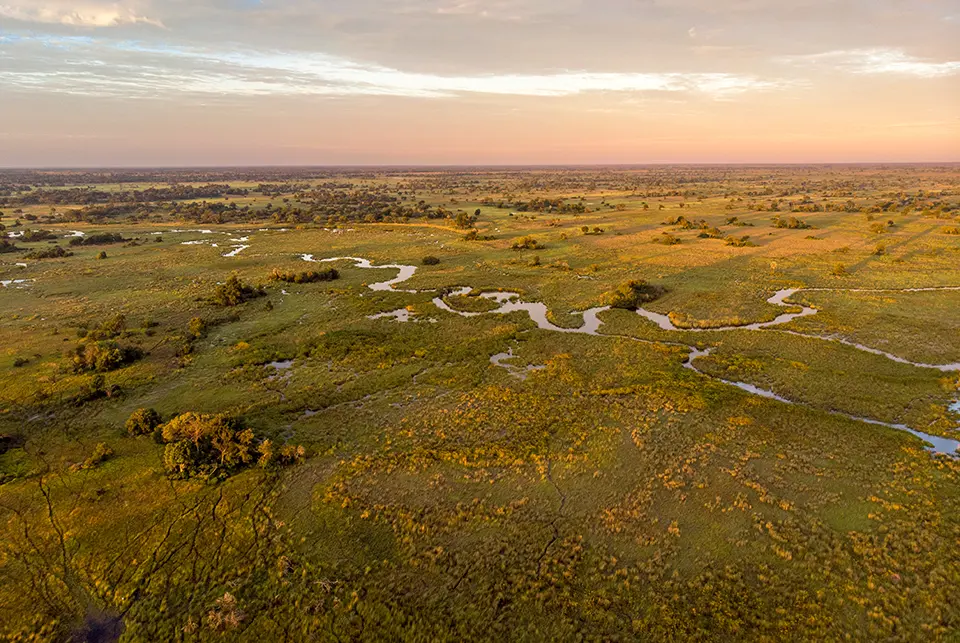
How long should a safari be?
Planning a safari and wondering how long it should be? In our experience, safari length directly correlates with wildlife viewing success and overall experience quality, especially if you’re travelling from far away, such as from the USA or Europe.
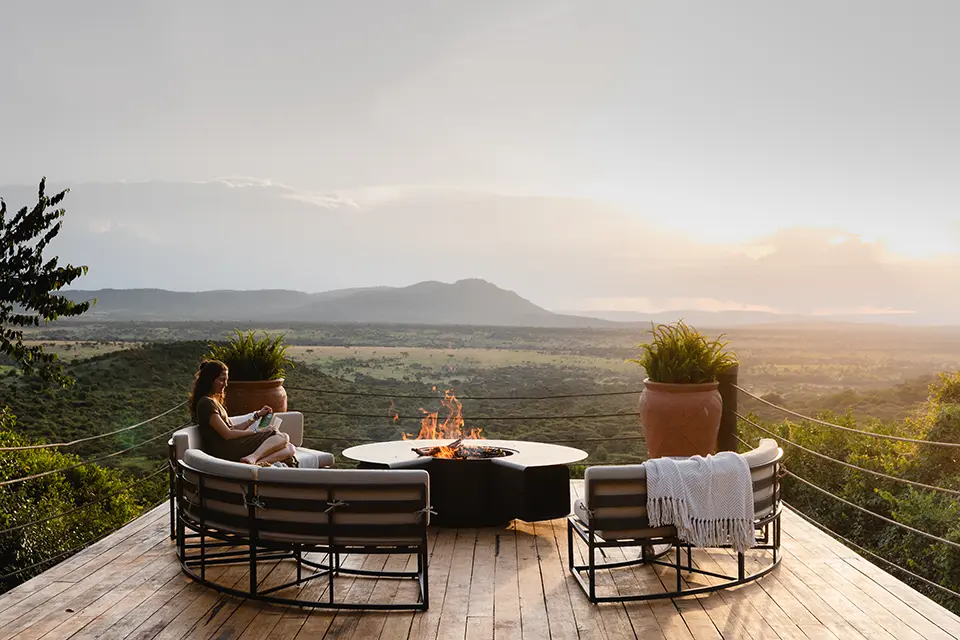
How much does an African safari cost?
When safari first-timers ask, "How much does a safari cost?", they're often surprised by the answer. But here's what many don't realise: you're not just paying for accommodation and game drives. Apart from the all-inclusive experience, you're investing in one of the world's most exclusive and meaningful travel experiences while directly contributing to wildlife conservation and local communities.
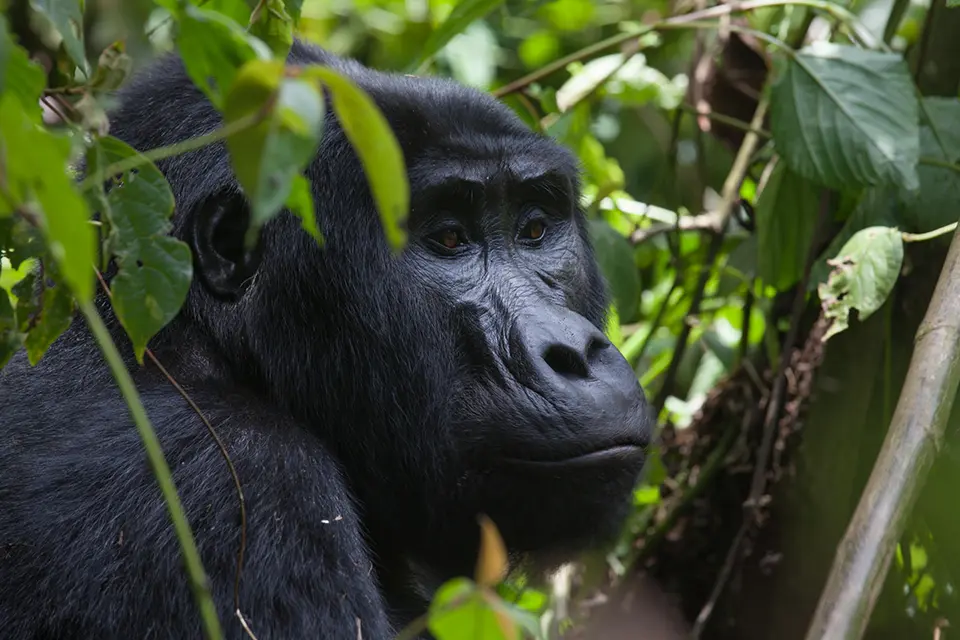
Comparison guide: best luxury safari destinations in Africa
Africa is a cornucopia of magnificent safari destinations; some spectacularly different from each other, and others similar but packed with nuanced variations. Eastern Africa excels at wildlife migration spectacles and gorilla trekking, while Southern Africa offers Big Five options.
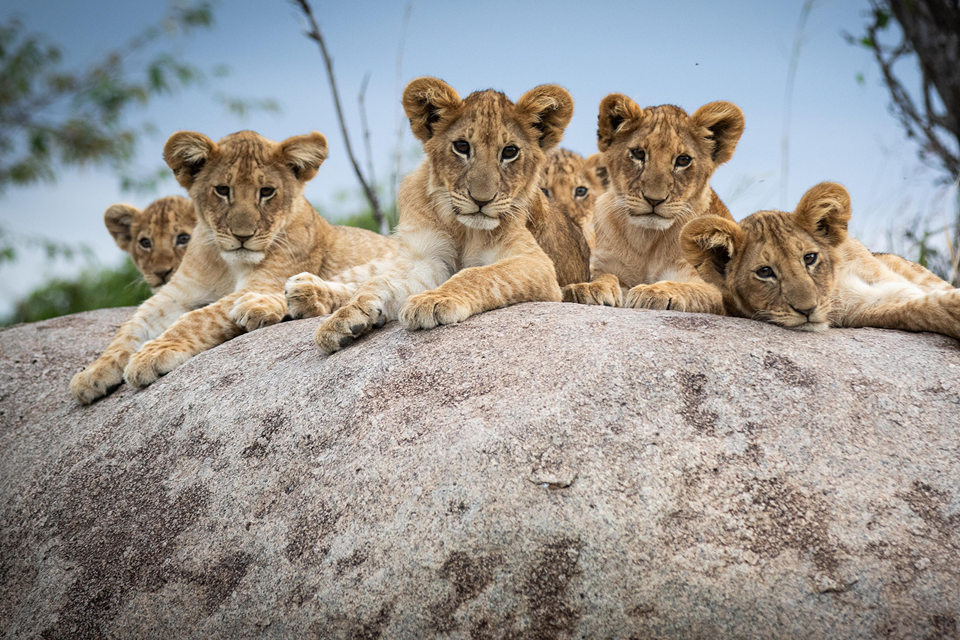
The sustainable safari revolution
As 'sustainable travel' hashtags flood social media and people search increasingly for ecotourism, authentic conservation-driven safaris are often overshadowed by green-washed tourism packages. Here’s why it’s so important to choose your safari responsibly.
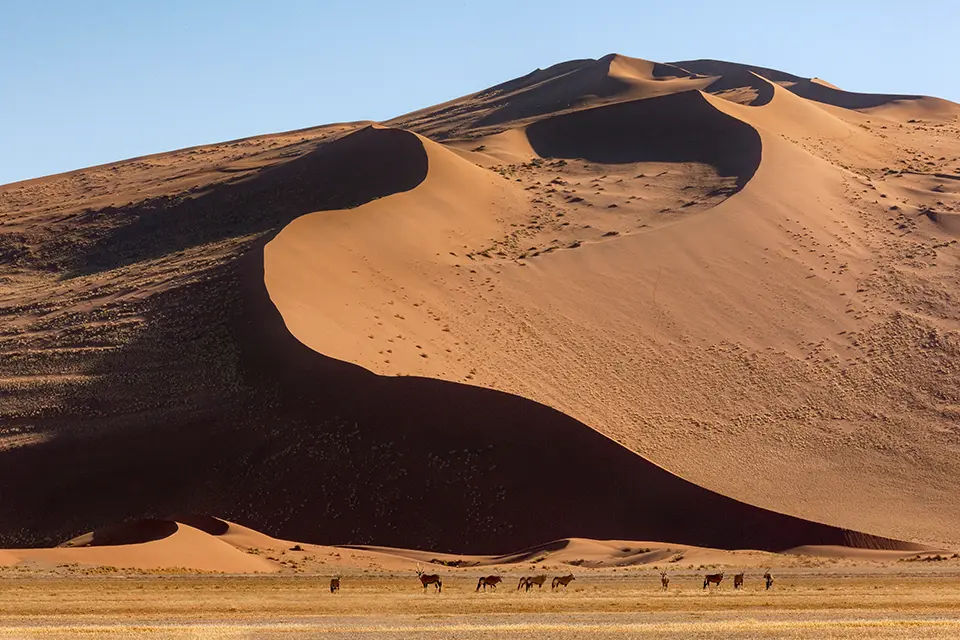
Solo safaris
Travelling on your own is one of life’s joys. Not tied down by compromise or limited by the preferences of others, single travellers are free to safari on your terms. Freedom of choice is the new luxury! Here are a few things to dwell on before you contact us to craft your dream solo safari.
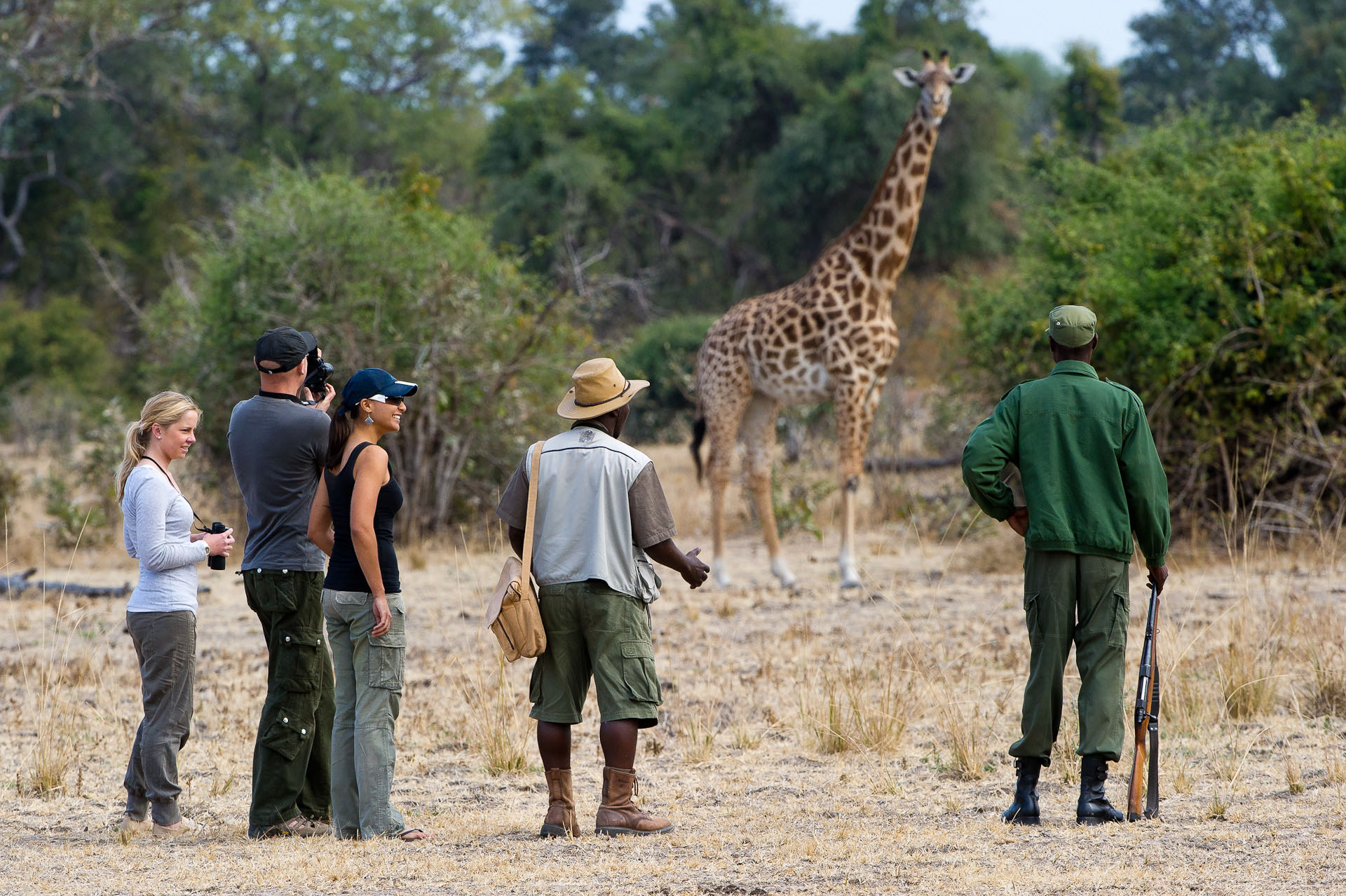
Is it safe to go on safari?
Are African safari tours safe? Absolutely. As Africa Geographic's extensive safari experience confirms, you'll spend most of your African holiday in relatively remote wilderness areas where crime of any sort is extremely rare, if not non-existent. Following the guide’s instructions and keeping a respectful distance from the wildlife is also recommended for a seamless experience.
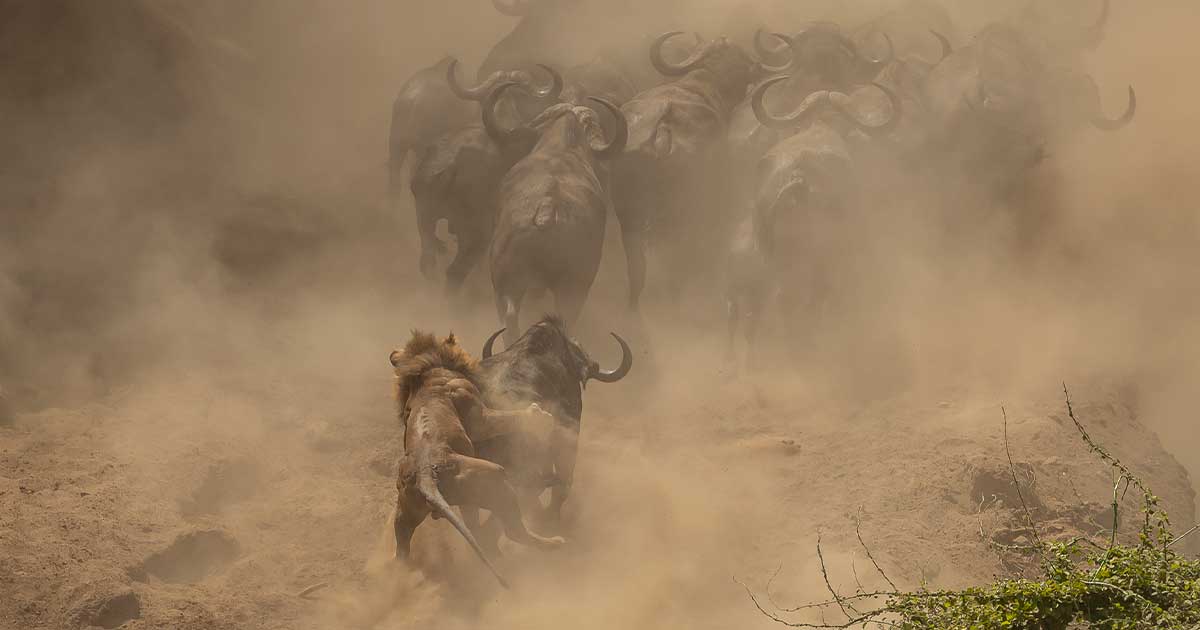
Do I need vaccinations or medications for safari?
Depending on your destination, you may need vaccinations for diseases like yellow fever, or malaria prophylaxis, and other preventive measures for your African safari.
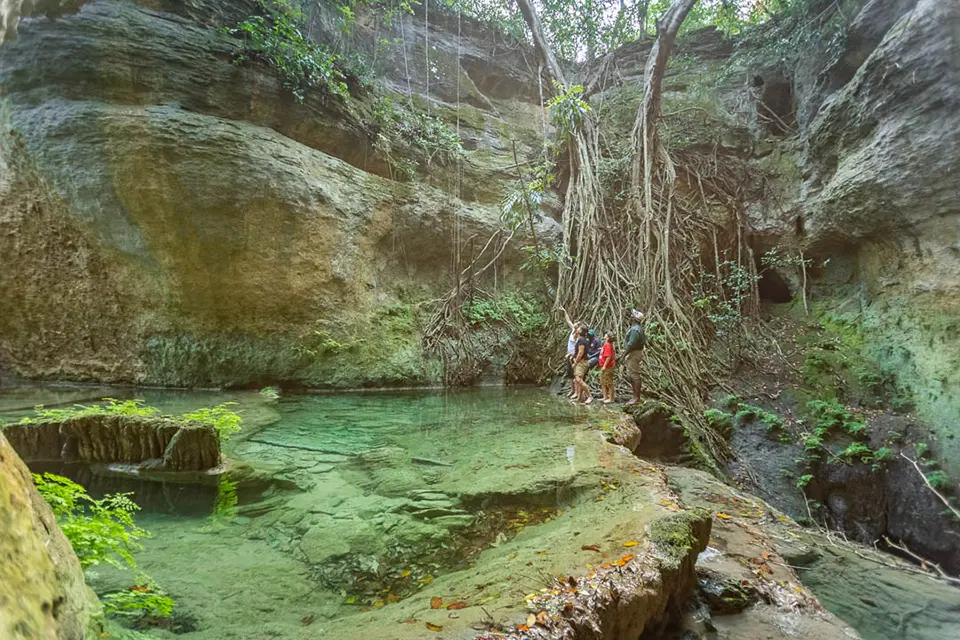
Women on safari
Going on a safari is an adventure of a lifetime, but for single women, the prospect of travelling alone or in a group can be daunting. It is important to acknowledge that women have different concerns and needs than men when it comes to travel, and taking precautions and planning ahead can make all the difference.
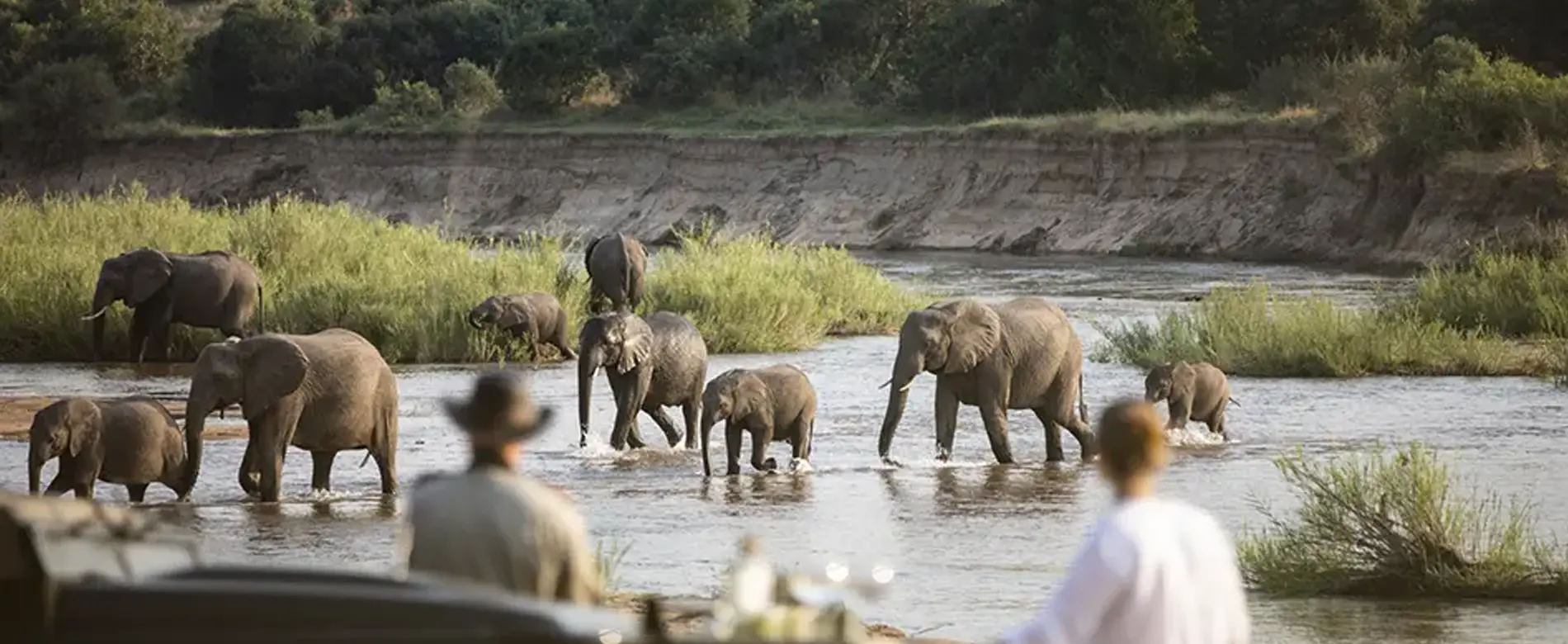
East or Southern Africa safari?
Spoiler alert: there is no 'best' in East vs Southern Africa safaris!
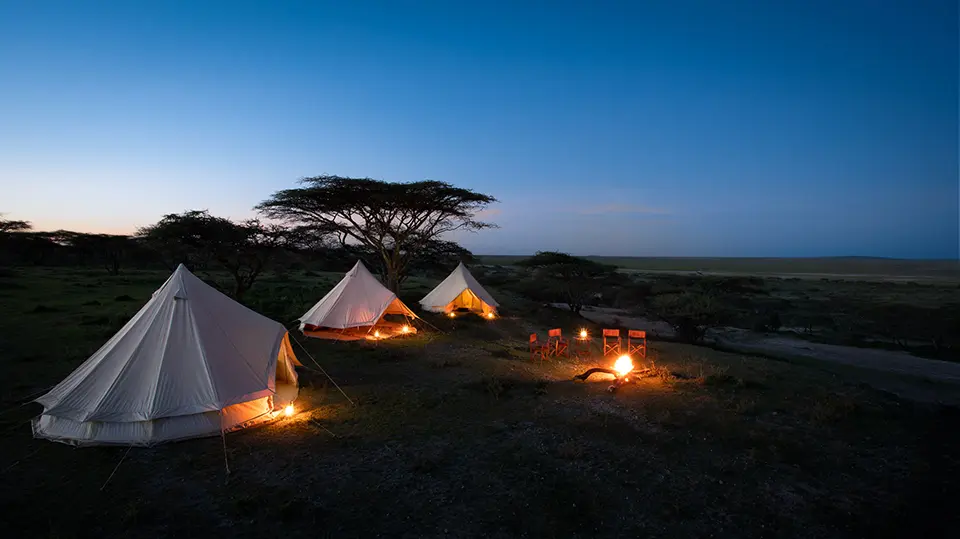
Safari lodge types and luxury levels
There are various types of accommodation available on safari. Safari accommodation types and comfort levels range from reed huts and tented camps to ultra-luxury lodges and large resorts.
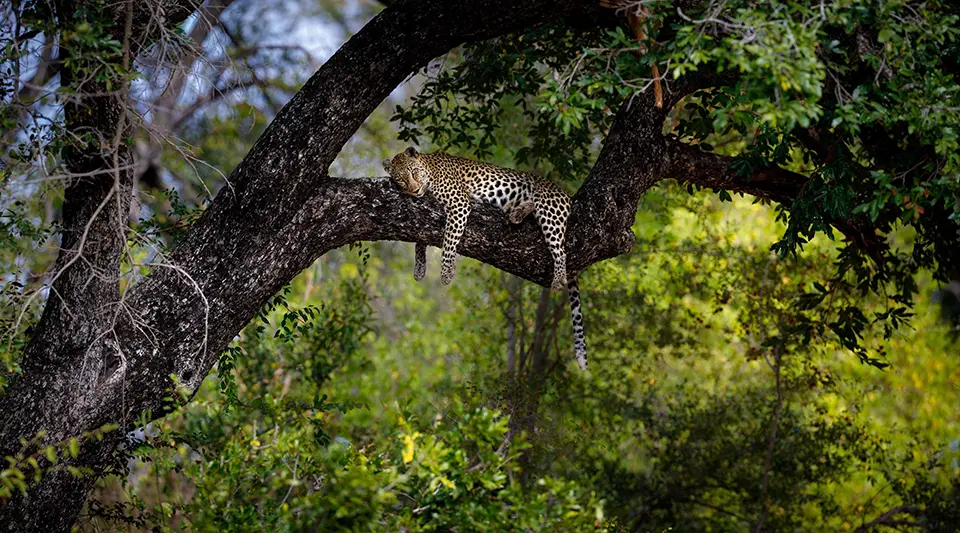
What animals will I see on an African safari?
Many animals prefer specific habitats - the animals you find in Tanzania's savannah will differ from those in Rwanda's rainforests, for example. The wildlife you will encounter on safari depends on where you are travelling.
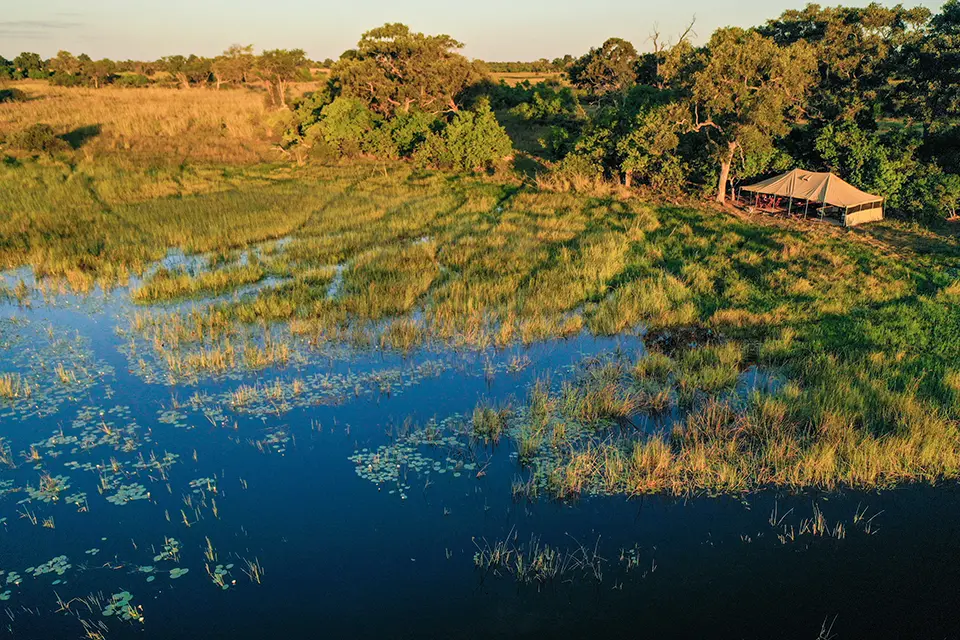
When to go on safari
Travel in Africa is about knowing what, when and where to go and with whom – for the ultimate experience. A few weeks too early/late or a few kilometres off course, you could miss the greatest show on Earth. And wouldn’t that be a pity?
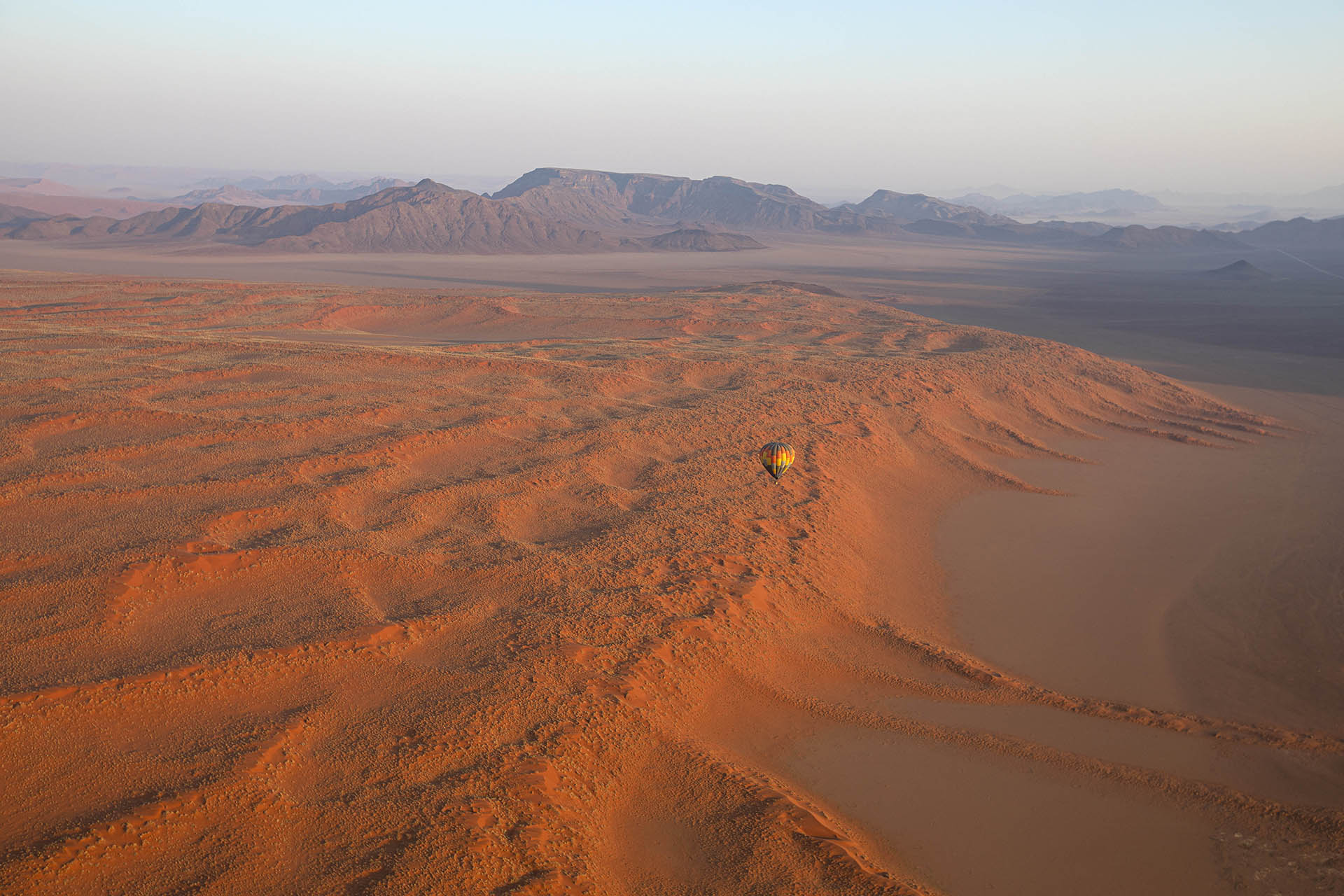
Why choose Africa Geographic to plan your safari?
We’ve been creating handcrafted, experiential safaris since 1991. Extraordinary journeys don’t happen by chance. Travel in Africa is all about timing, location, and trusted local knowledge.
Safari packing guide
Planning your safari? We’ll send you our handy packing guide and tips for making it the best trip yet.
Safari terminology guide
Common terms every traveller should know. Understanding these terms will help you make informed decisions about your safari experience.
Term | Meaning |
All-inclusive | Safari including accommodation, meals, drinks, and specific activities |
Big Five | Traditionally, the five most challenging animals to track on foot – lion, leopard, elephant, buffalo, and rhino – and now a popular wildlife-viewing checklist |
Birding safari | Specialist safari focusing on Africa’s rich birdlife, often with expert ornithological guides and itineraries tailored to seasonal migrations and breeding |
Boma | Traditional open-air enclosure, often used as a dining or gathering area around a fire. Common at lodges for dinner under the stars |
Bush plane | Small light aircraft used for short transfers between safari destinations, typically landing on remote airstrips |
Calving season | Period when animals give birth |
Camp vs lodge | The safari industry often uses these terms interchangeably, regardless of actual construction type. That said, lodges are usually permanent structures with solid walls, typically offering hotel-style amenities and services, whereas camps are usually tented or made of local wood and grass. |
Chimpanzee trekking | Guided forest walk in East and Central Africa to locate and spend time with habituated wild chimpanzee groups. Offers insight into primate behaviour and social dynamics |
Closed vehicle | Enclosed safari vehicle, providing protection from weather and insects |
Community conservancy | Wildlife area managed jointly by local communities and conservation organisations |
Concierge service | Detailed trip planning and support throughout your journey |
Conservation levy | Mandatory per-night fee charged by camps or reserves to support wildlife conservation and community initiatives |
Conservancy | Privately managed wildlife area, often adjacent to national parks |
Dry season | Period with minimal rainfall, typically offering better wildlife viewing |
East Africa | Primarily Kenya and Tanzania safari destinations, but also including Rwanda, Ethiopia, Uganda and Malawi (southeastern Africa) |
Flexibility | Willingness to adjust dates, locations, or accommodation for better availability |
Fly-in safari | Safari accessed primarily by small aircraft transfers between destinations |
Full-board | Accommodation with all meals included |
Game drive | Safari activity using a vehicle to view wildlife |
Game package | Accommodation with meals and game activities included |
Glamping | Glamorous camping with luxury amenities in a tented or temporary structure |
Gorilla trekking | Guided hike into tropical forests (primarily Rwanda, Uganda, DRC and Congo-Brazzaville) to observe wild mountain or lowland gorillas in their natural habitat. Permits are limited to protect the species |
The Great Migration | Annual wildebeest migration between Tanzania's Serengeti and Kenya's Maasai Mara |
Green season | Period of rainfall when landscapes are lush, birdlife is abundant, and safari rates are often lower |
House drinks | Standard selection of local beverages (wine, beer, spirits, and soft drinks) included in all-inclusive or game package rates |
Internal flights | Small aircraft flights within the safari destination country |
International flights | Long-haul flights to and from your home country |
Lead time | Advance booking period (12–18 months recommended for best rates) |
Malaria area | Region where malaria-carrying mosquitoes are present, requiring precautionary measures |
Malaria-free area | Region with no risk of malaria transmission |
Migration | In the safari context, this is the seasonal movement of animals from one place to another to find food, suitable breeding grounds, or to escape unfavourable conditions. “The Great Migration” refers to the annual movement of wildebeest, zebras and other herbivores in East Africa, driven by seasonal rains. Other significant migrations in Africa include Zambia’s Kasanka Bat Migration, South Sudan’s Great Nile Migration, Liuwa Plain’s wildebeest migration, the zebra migration in Botswana, and the Rift Valley flamingo migration |
Night drive | Guided game drive after dark (where permitted), using spotlights to find nocturnal species such as leopards, hyenas, bush babies, and owls |
Mobile camp | A temporary camp that moves locations, often to suit the seasons or wildlife events, offering a more authentic bush experience with basic but comfortable facilities |
National park | Government-protected wildlife area with specific regulations |
Off-roading | Driving off established tracks to get closer to wildlife (where permitted) |
Open vehicle | Safari vehicle without a roof or with a removable roof, offering unobstructed views and photography |
Overland safari | Safari using road transfers between destinations |
Peak season | High-demand travel period with premium pricing (varies by destination) |
Photographic safari | Safari designed with photographers in mind, often including private modified vehicles, specialist guides, and optimal wildlife viewing opportunities |
Private guide | Guide assigned exclusively to your group |
Private reserve | Privately owned wildlife area with exclusive access |
Private vehicle | Exclusive use of the vehicle and guide for your group |
Professional guide | Licensed, experienced guide with extensive wildlife and cultural knowledge |
Protected area | A designated region managed for the conservation of wildlife and natural resources. Includes national parks, reserves, and community conservancies where human activity is regulated to preserve biodiversity and ecosystems |
Provisional booking | Temporary reservation held without payment |
Rainy season | Period of regular rainfall affecting road access and wildlife behaviour |
Safari expert | Africa Geographic safari experts are your personal point of contact for planning tailor-made safaris. With first-hand field experience and destination knowledge, they craft authentic, responsible journeys that connect travellers with Africa’s wildlife, landscapes, and cultures |
Shared guide | Guide working with multiple guests simultaneously |
Shared vehicle | Vehicle shared with other guests |
Southern Africa | Primarily Botswana, South Africa, Zimbabwe, and Zambia, but also includes Namibia and Mozambique. |
Tailor-made | Custom-designed itinerary based on individual preferences |
Tented camp | Semi-permanent accommodation using canvas tents, often with en-suite bathrooms and comfortable furnishings |
Trust account | Protected client funds held separately from operating accounts |
Walking safari | Guided safari on foot, offering close-up wildlife encounters |
Yellow fever | Tropical disease requiring vaccination for entry to certain countries |
Newsletter
For 34+ years, we've believed every choice matters. When you subscribe to our newsletter, you join our global audience worldwide who celebrate Africa while doing good.
Get conservation stories, safari insights, and impact updates delivered straight to your inbox.
Your safari. Your impact. Your legacy.
Trusted by thousands of satisfied travellers
✔️ 4.9 Star Trustpilot Rating ✔️ 5,000+ Safari Trips Completed
✔️ 34+ Years of Experience ✔️ 2025 Conde Nast Travel Specialist Award Winner
Our commitments to you
Tailormade experiential safaris: trust us to find you the rarest animals, the most spectacular wildlife events, the remotest landscapes and deeply meaningful cultural encounters!
The best safari experts: our travel designers come from a diverse background of private safari guides, lodge managers and conservationists. They either live in Africa or have lived there for many years. All have many years of travelling and hand-crafting safaris for discerning guests who want the best experiences
The best lodges: we carefully select lodges, guides and transport providers for your African holiday based on quality, service and ethics
24/7 concierge service: our team are on call at all times while you are travelling, to help iron out those little wrinkles that can occur
Your safari with us makes a difference: we donate a portion of every safari sold to selected conservation efforts at ground level. Your safari also supports our conservation publishing division, which educates the world about African conservation realities.
Financial security: Your payments to us are safe because they remain in a trust account until you travel
Start planning your dream safari
Our travel experts will craft a no-obligation itinerary just for you. We have crafted over 5,000 safaris since 1991. Your personal details are protected; we only use this information to contact you.

Why choose us to craft your safari?
Handcrafted experiential safaris since 1991.
Travel in Africa is about knowing when and where to go, and with whom. A few weeks too early/late or a few kilometres off course, and you could miss the greatest show on Earth. And wouldn’t that be a pity?

Trust & Safety
Guest payments go into a third-party TRUST ACCOUNT - protecting them in the unlikely event of a financial setback on our part. Also, we are members of SATSA who attest to our integrity, legal compliance and financial stability.
Make a difference
We donate a portion of the revenue from every safari sold to carefully selected conservation projects that make a significant difference at ground level.
YOUR safari choice does make a difference - thank you!
